THINKlab Launch: MOBILISE 2.0
18 May 2020The University of Salford’s THINKlab is pleased to announce the launch of the MOBILISE digital platform version 2.0 with a range of new features for supporting disaster risk reduction and response for natural disasters.
MOBILISE 2.0 offers a scalable digital platform with a user-friendly interface, allowing agencies to upload and explore hazard, exposure and vulnerability data in an interactive manner to establish a common understanding of their local risks and implement disaster risk reduction actions. The underlying risk information server runs on an Azure cloud service and the new visual interfaces allow agencies to access risk information remotely via tablets, touch tables, workstations or mobile phones, thus enhancing capabilities for agencies to implement a collaborative approach in disaster risk reduction and response.
MOBILISE 2.0 comes with a VR interface, based on the Unity game engine, in addition to a browser-based interface. This novel VR interface allows the user to visualize 3D city representation as textured point clouds or meshes which are captured from airborne sensing devices such as drones. This development enhances the capability of the MOBILISE platform when itis used during the disaster response phase, as well as the post disaster reconstruction phase.
The MOBILISE digital application, funded by the Global Challenges Research Fund (GCRF) and UK Research and Innovation (UKRI), allows disaster management centres to combine vulnerability, exposure and hazards’ information from multiple agencies to create a comprehensive understanding of the risks in their country and to undertake disaster mitigation actions as well as prepare and respond to disasters.
Ben Monaghan, MOBILISE lead Software Engineer said: “MOBILISE 2.0 has been redesigned with a scalable architecture and reconfigurable user interface allowing the agencies to create a bespoke solution to suit their own disaster risk management practices. The platform has been implemented using advanced software toolkits to achieve performance and ease of use while enhancing the learnability, efficiency and effectiveness of the overall platform.”
Professor Terrence Fernando, Director of THINKlab said “The THINKlab team has been working tirelessly over the last few months to produce MOBILISE 2.0 which is a state-of-the-art digital platform for conducting disaster risk reduction and response activities. We now plan to make the MOBILISE 2.0 version available to countries other than our current partner countries – Sri Lanka, Pakistan and Malaysia. This will allow us to accelerate the uptake of the MOBILISE platform and create a greater impact around the world in saving lives through intelligence driven based disaster preparedness and response activities.”
The MOBILISE platform is targeted at helping various governments to implement the Sendai Framework Priority 1: ‘Understanding Risks’ and Priority 2: ‘Risk Governance,’ as established by the United Nations.
Led by the THINKlab Director, Professor Terrence Fernando, the digital platform creates an infrastructure which offers intelligence to multiple stakeholders who can work together to help reduce the impact of natural disasters on their local communities. Set up in May 2017, the project is due to be completed in December 2020. For more information visit.
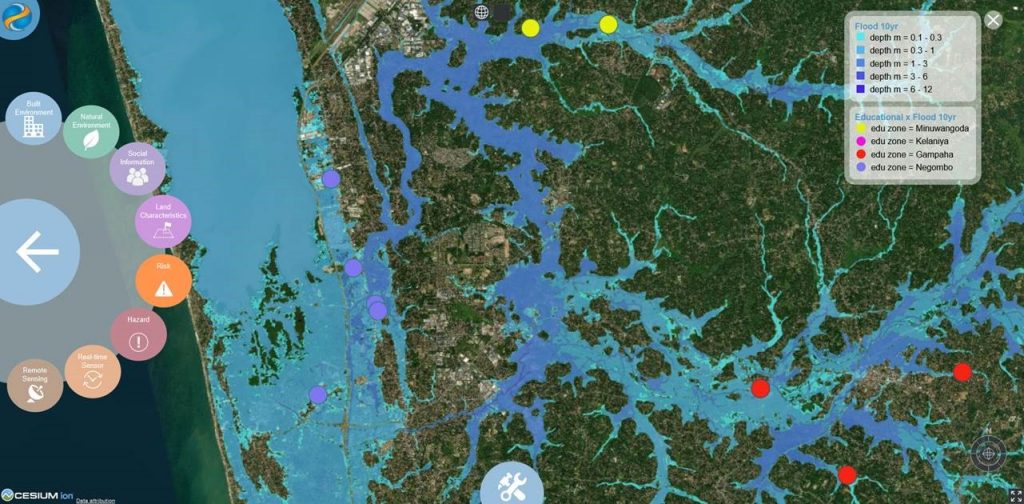
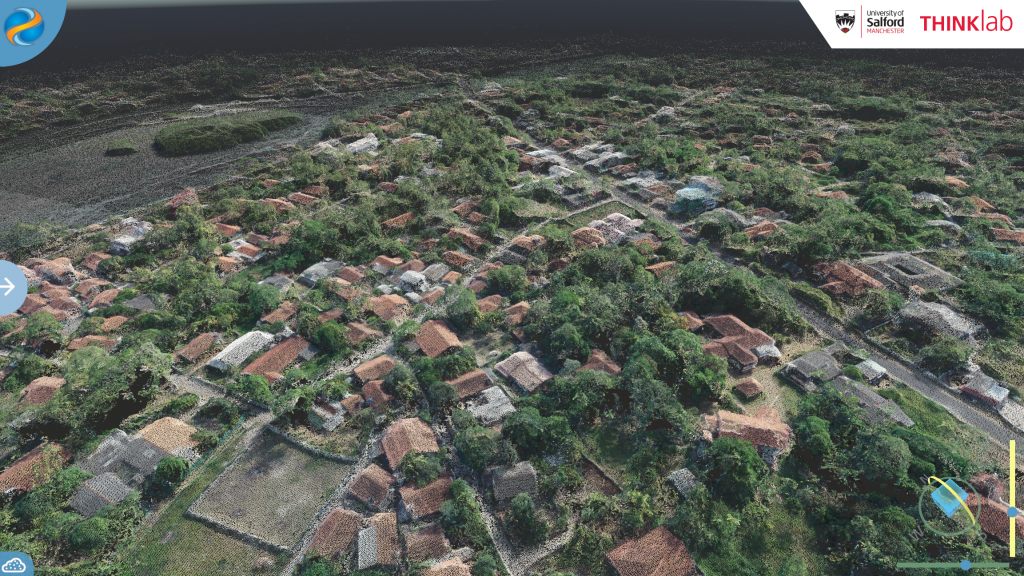
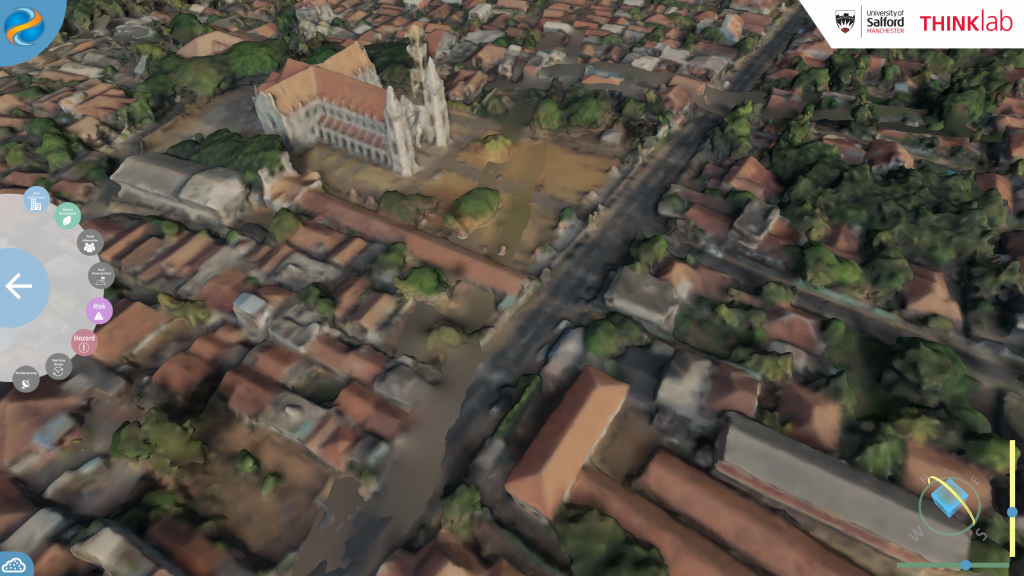
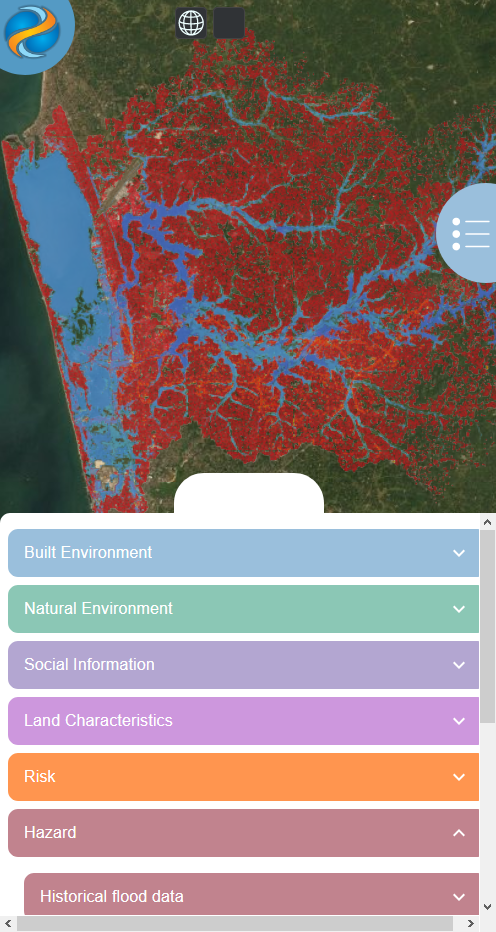


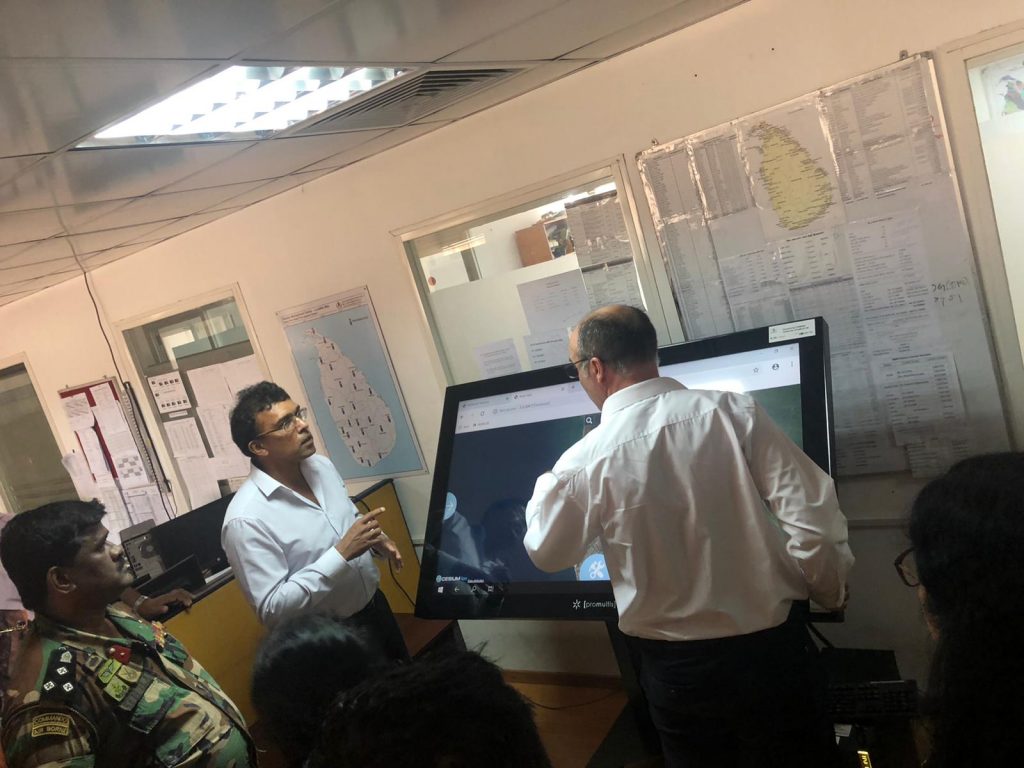
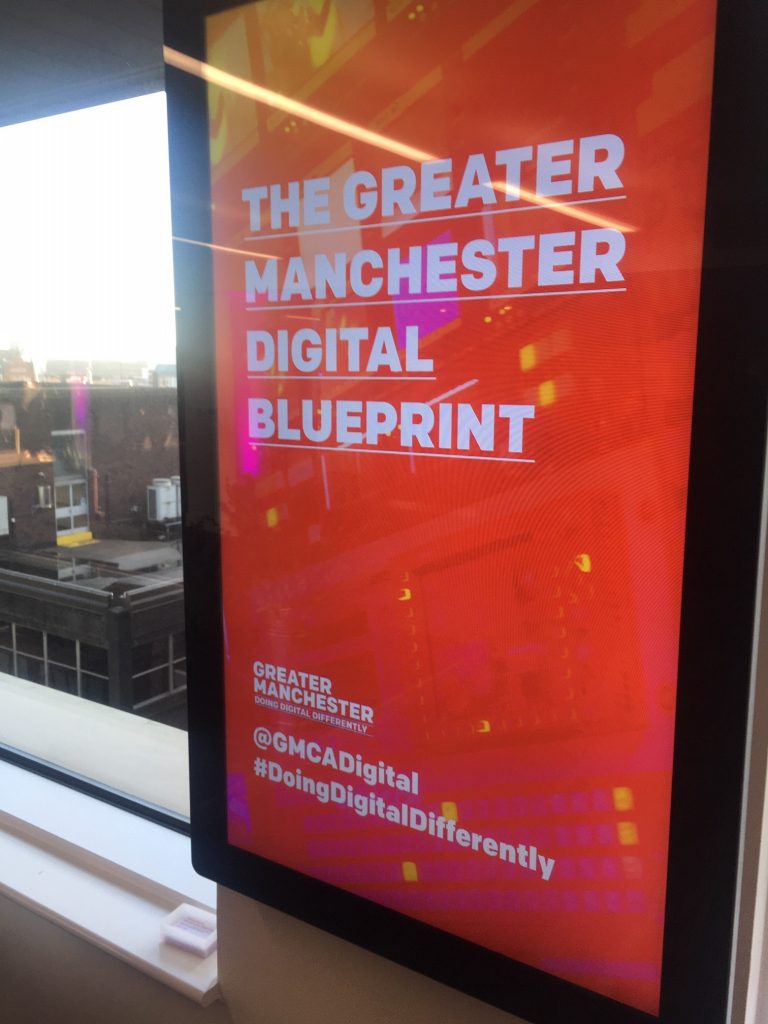

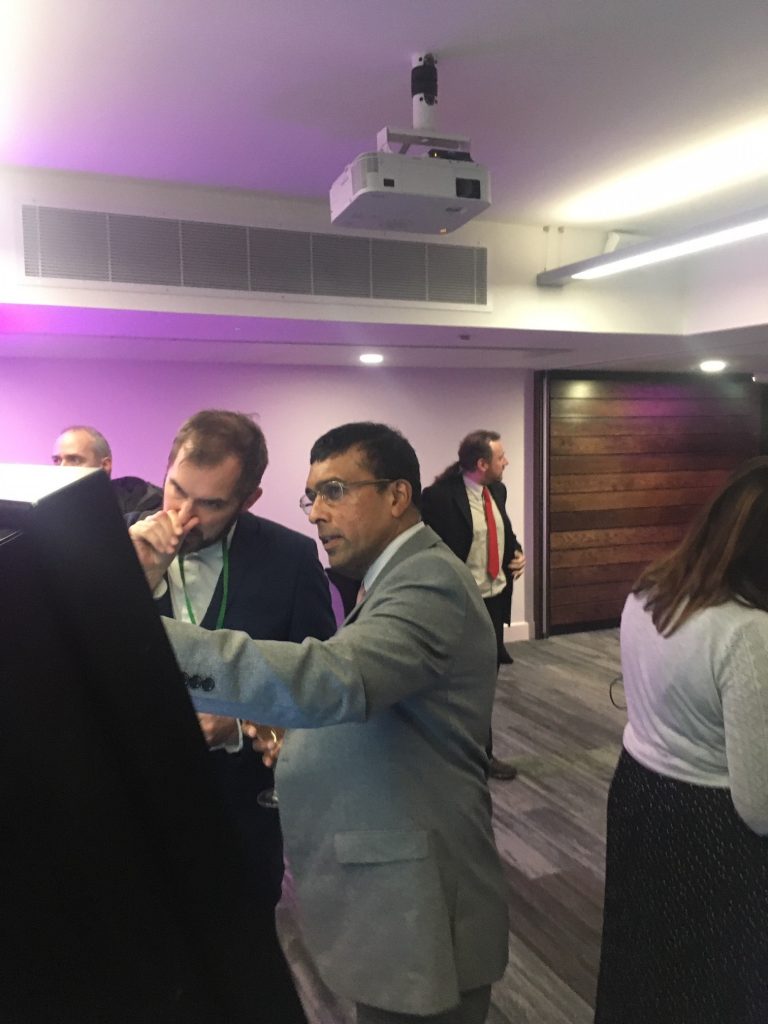
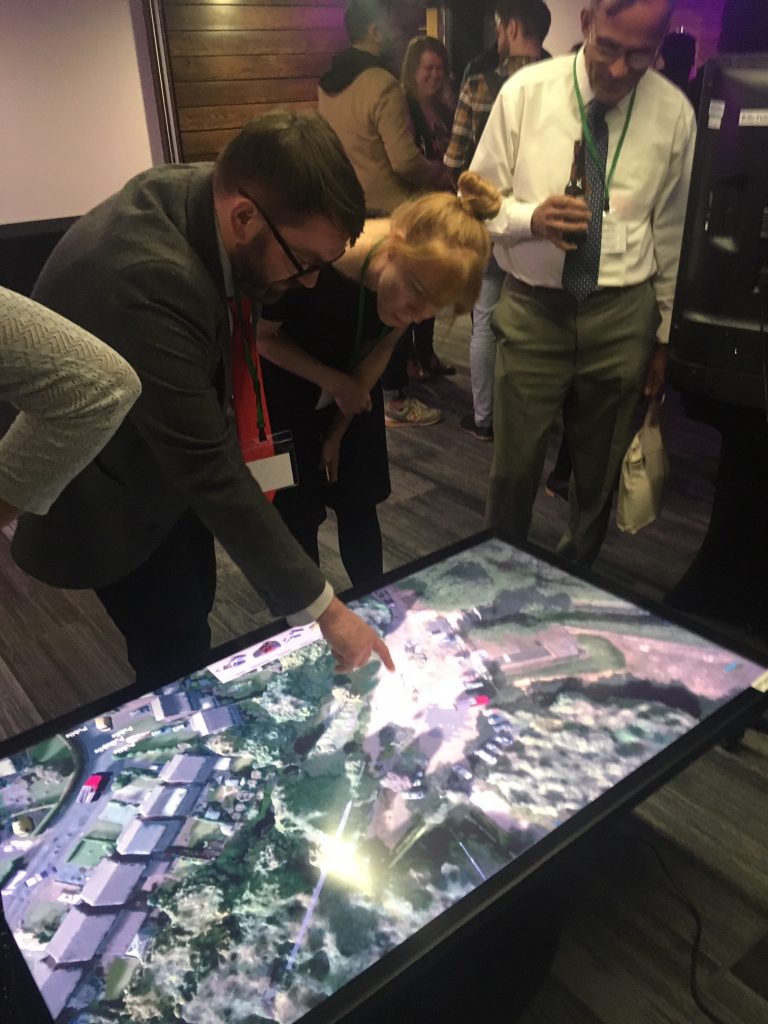
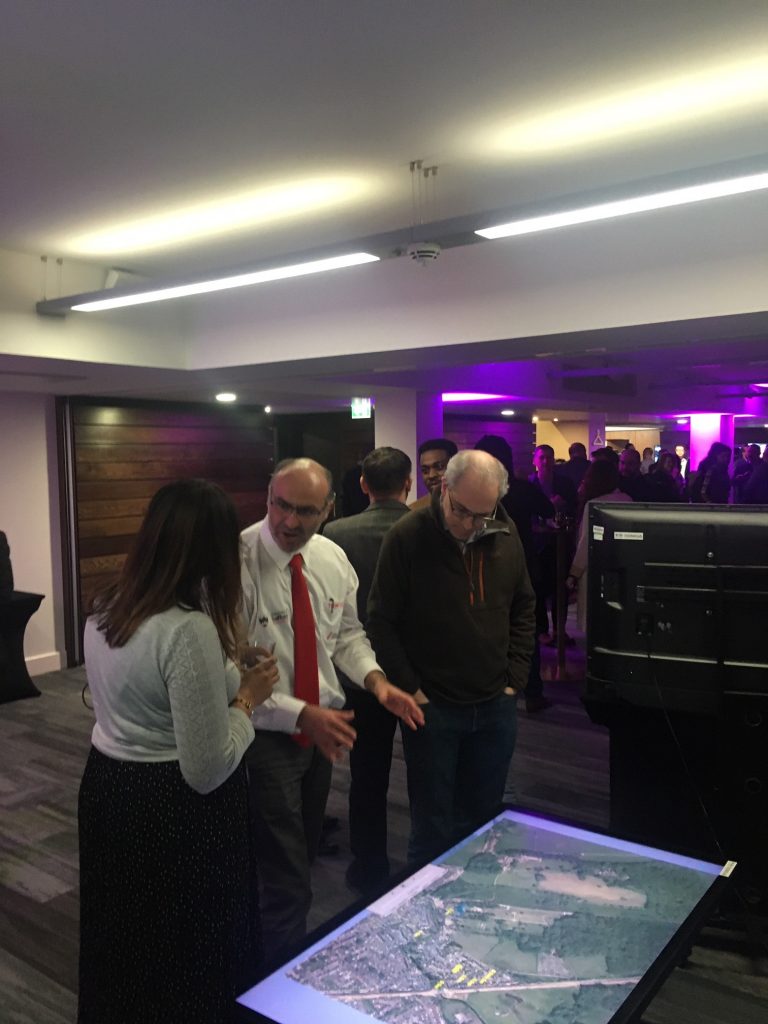
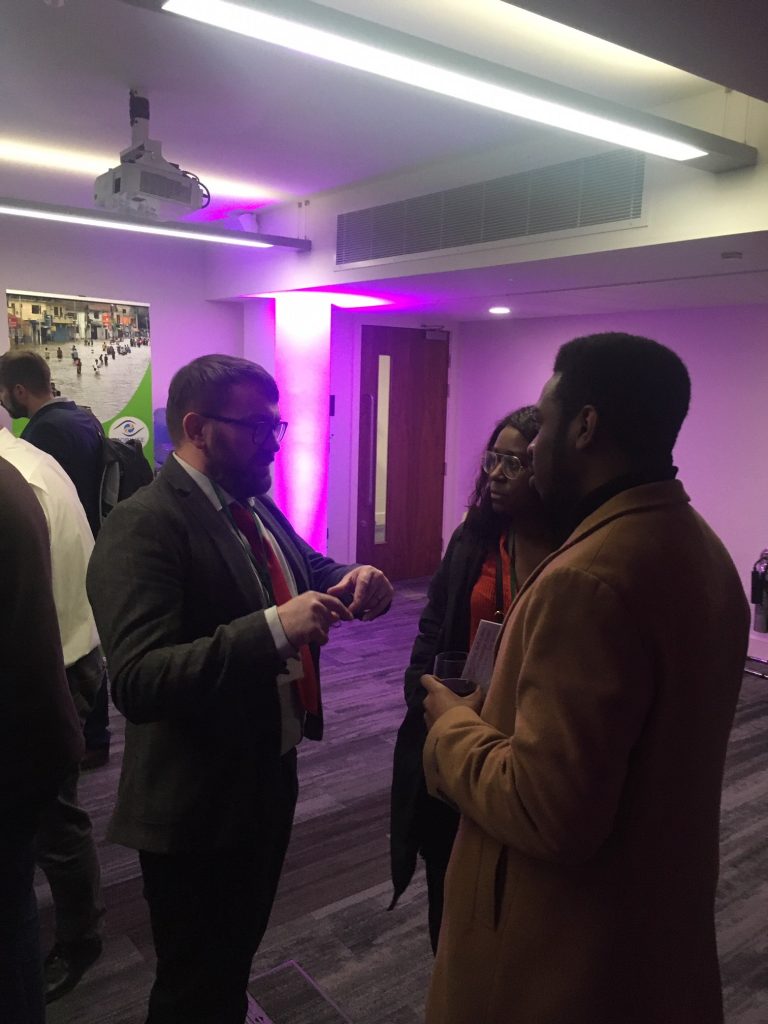

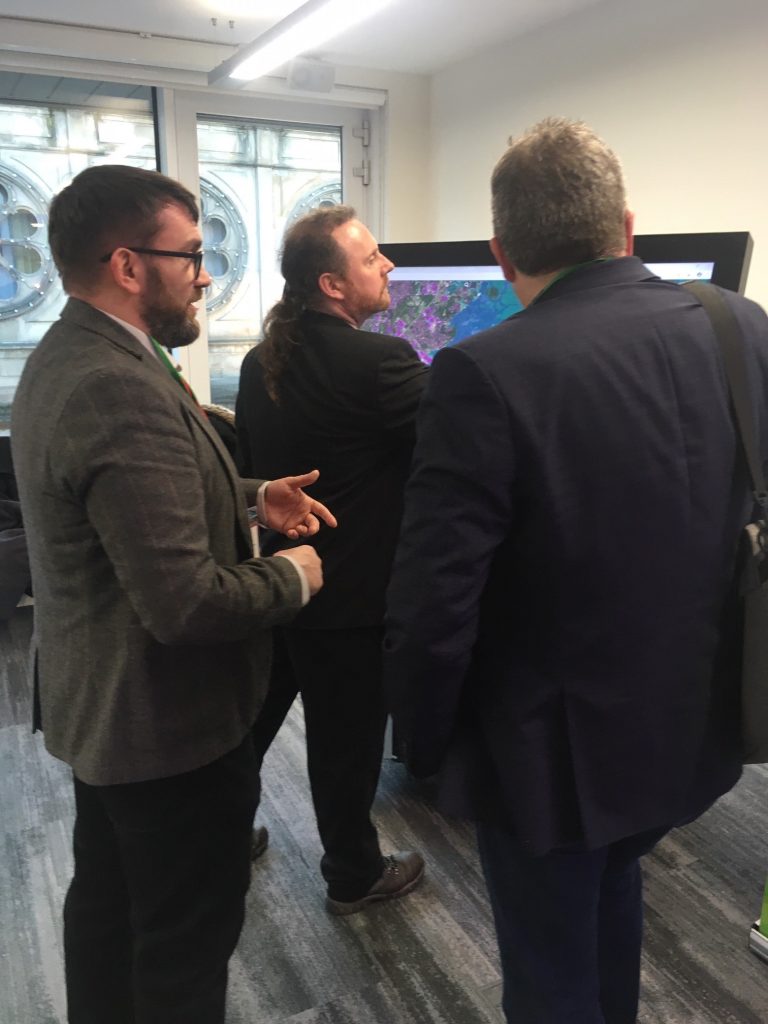
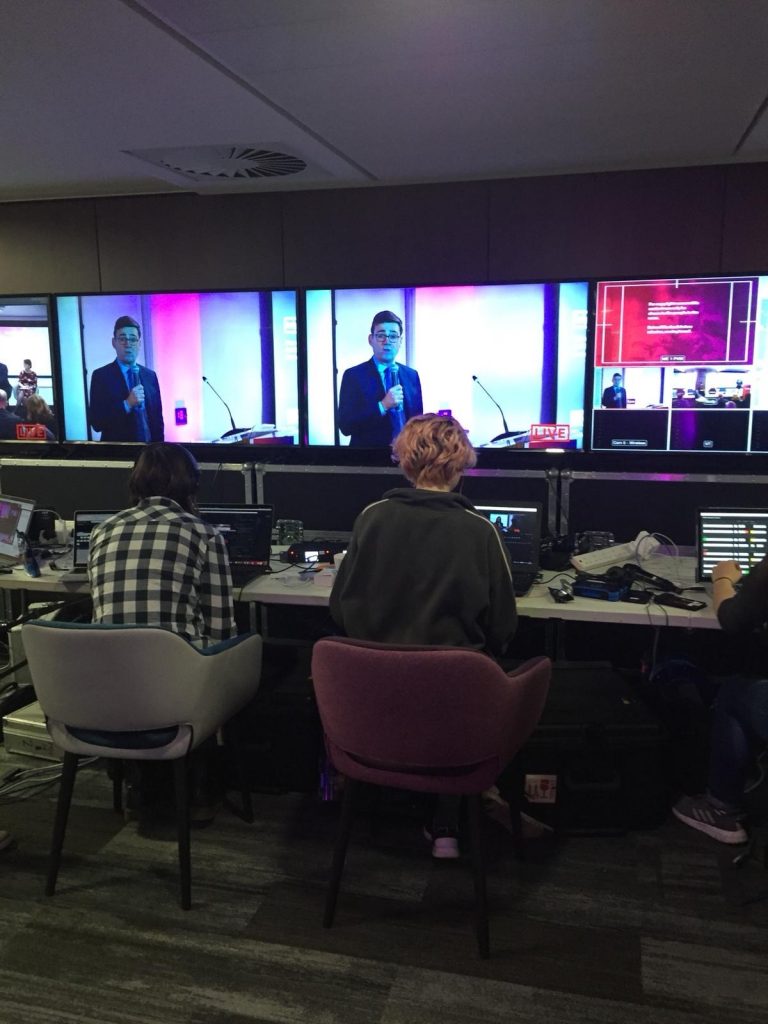

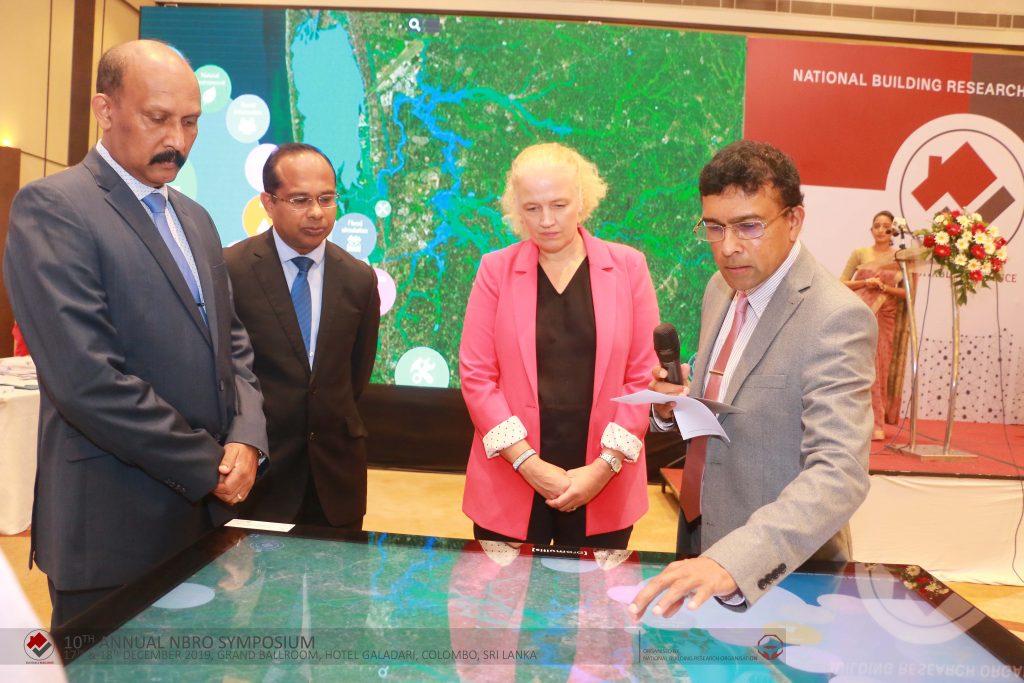
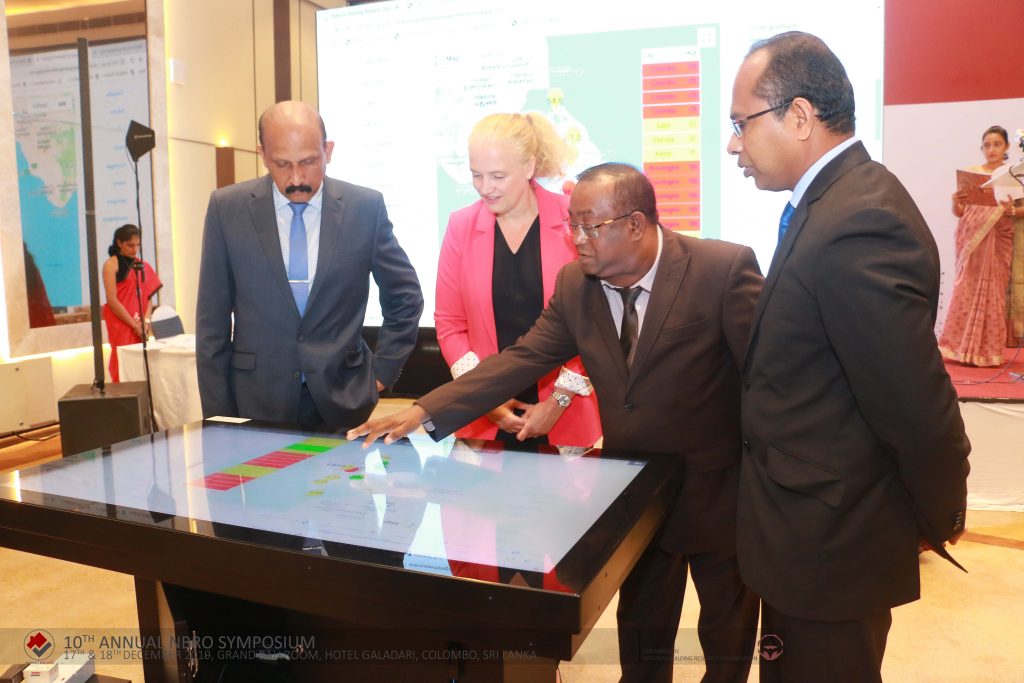
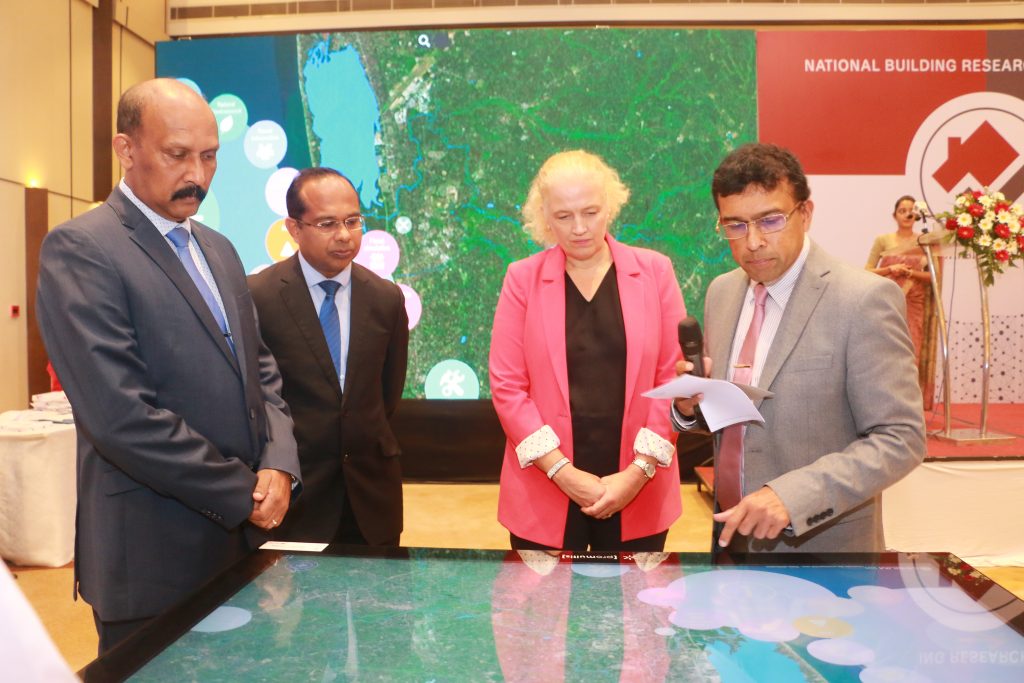
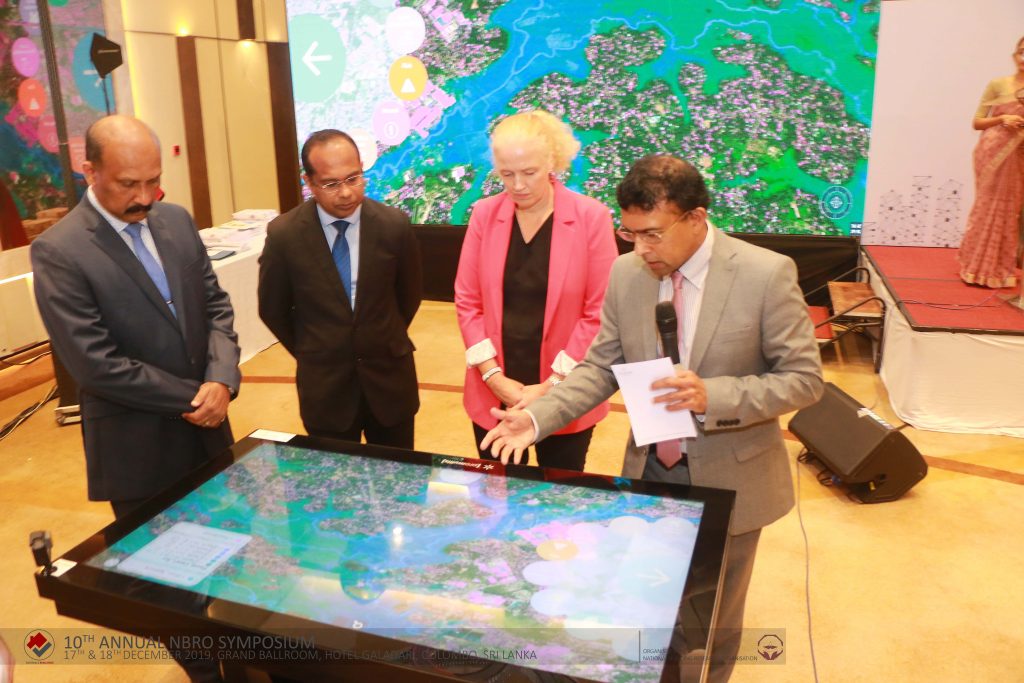
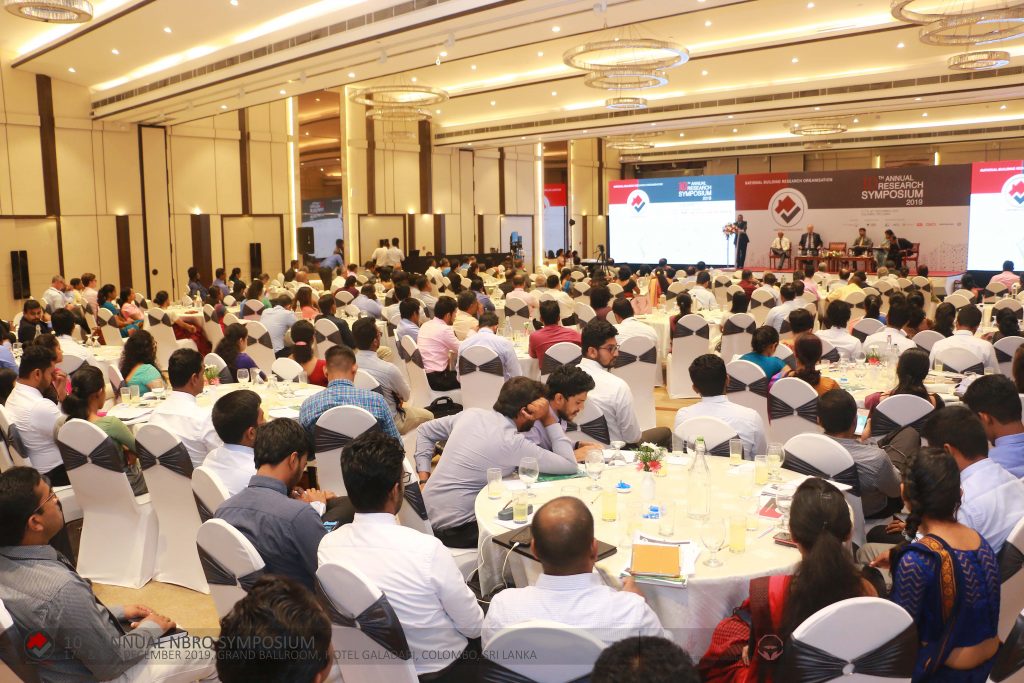
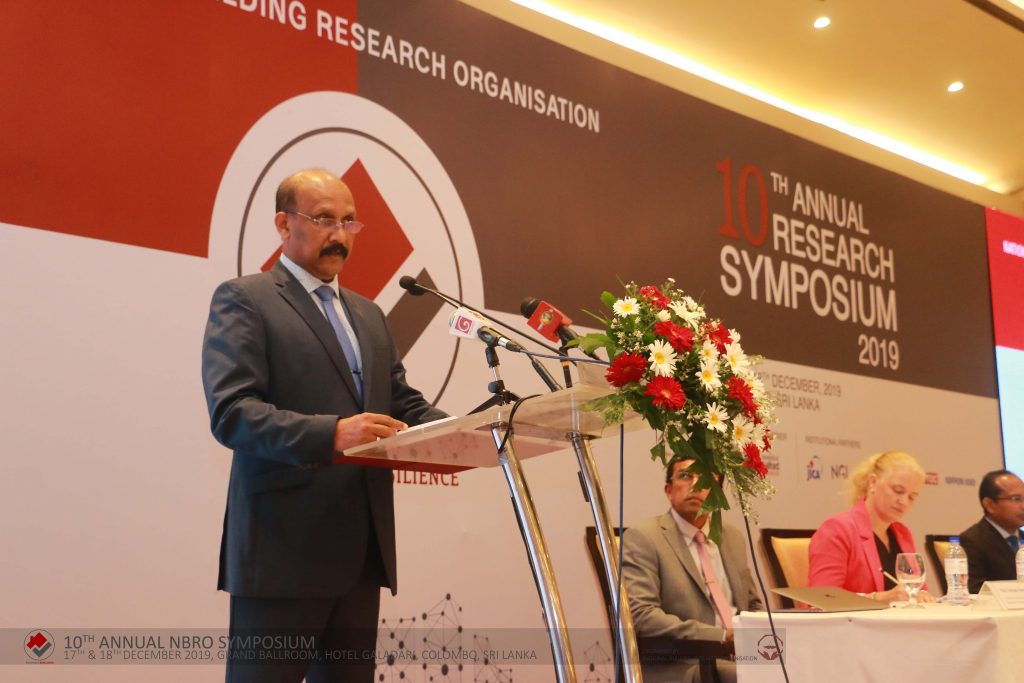
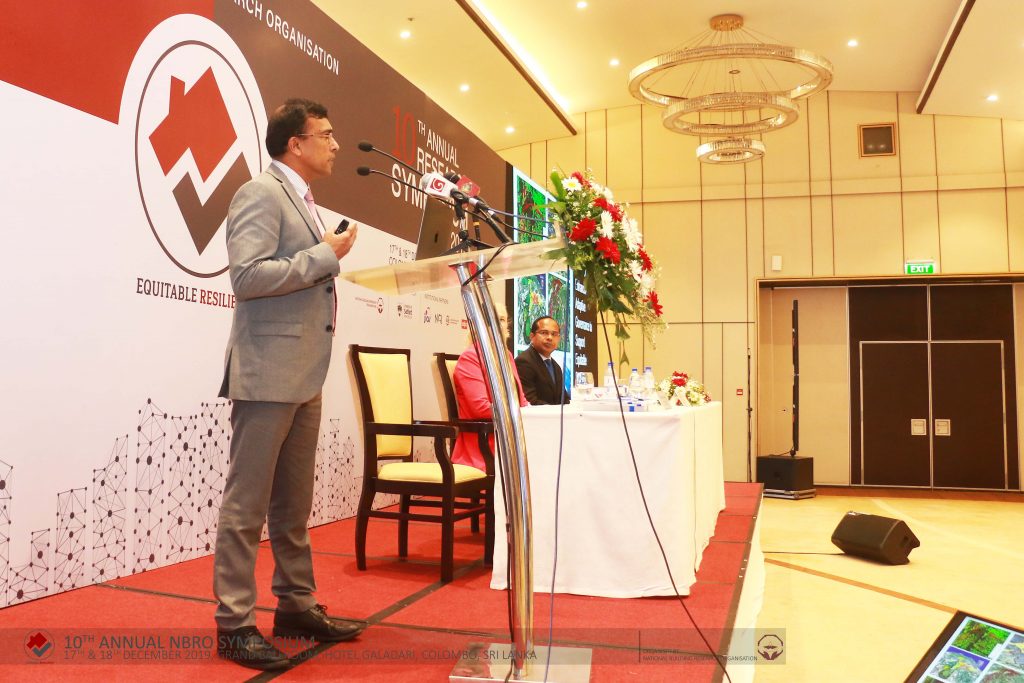
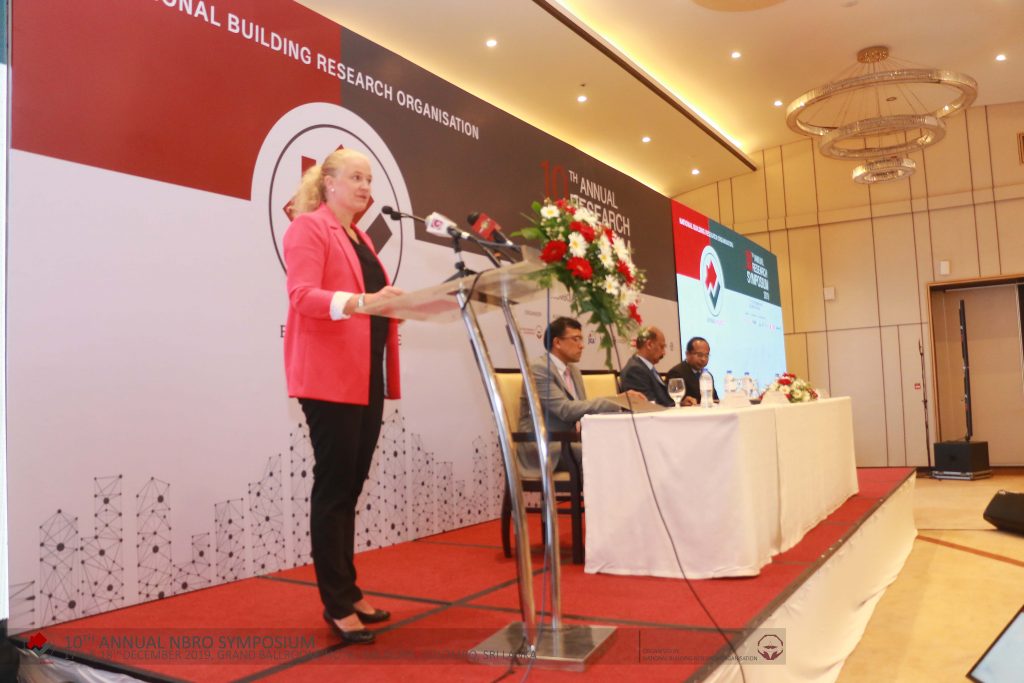
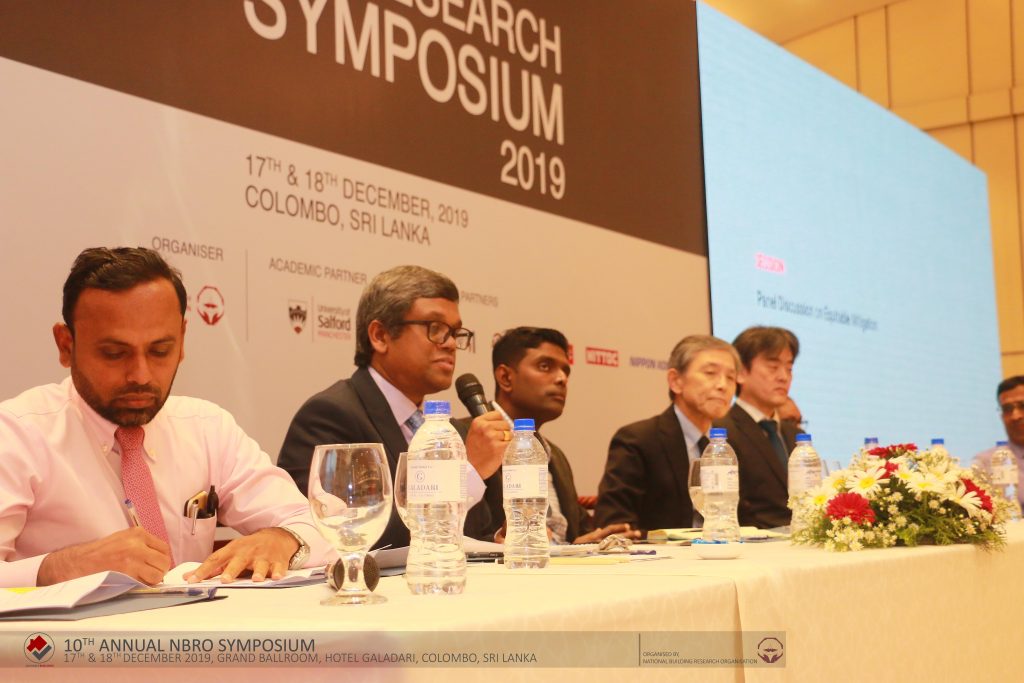
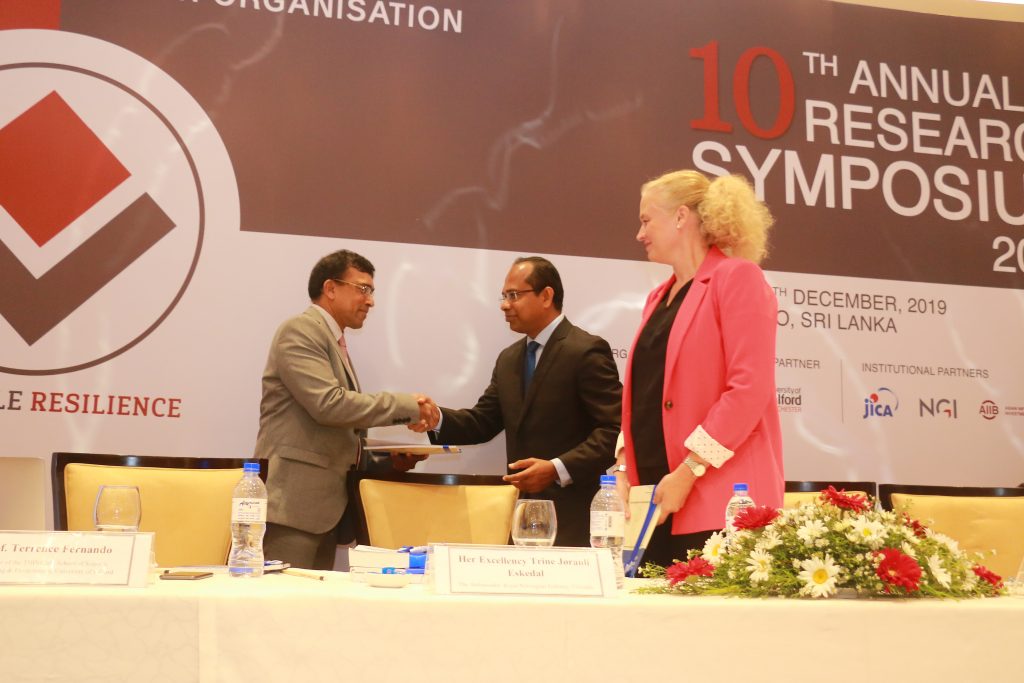
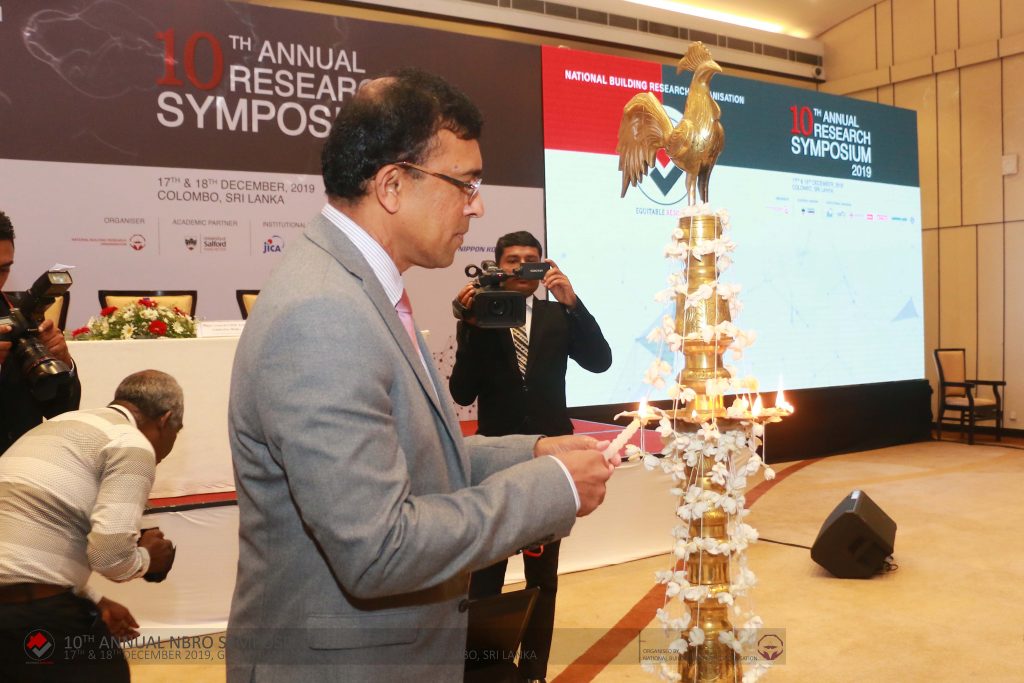
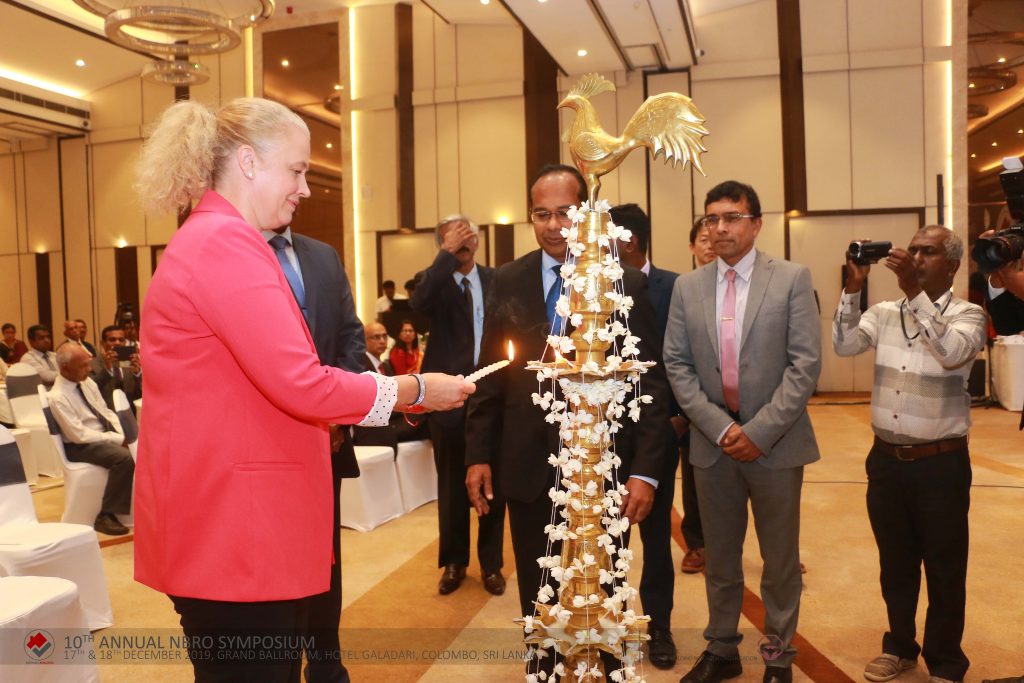
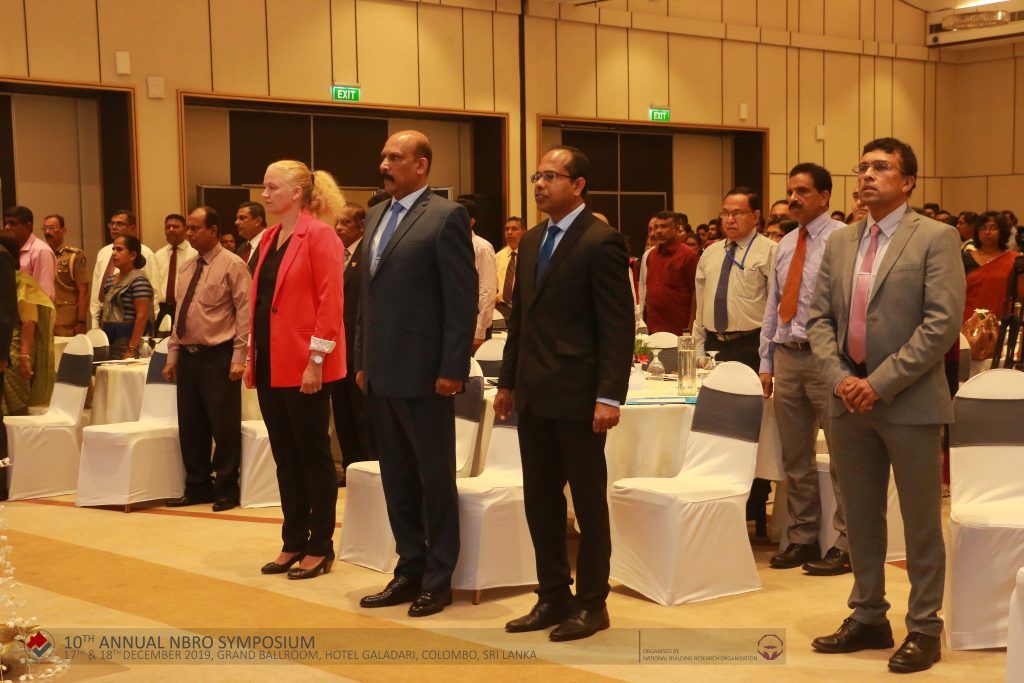
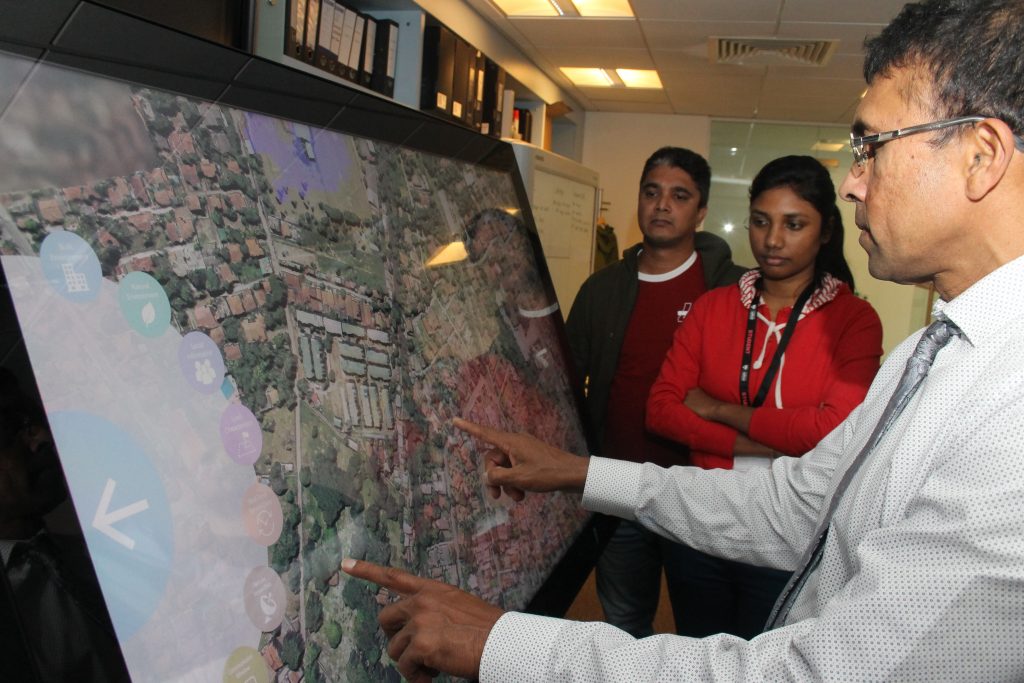
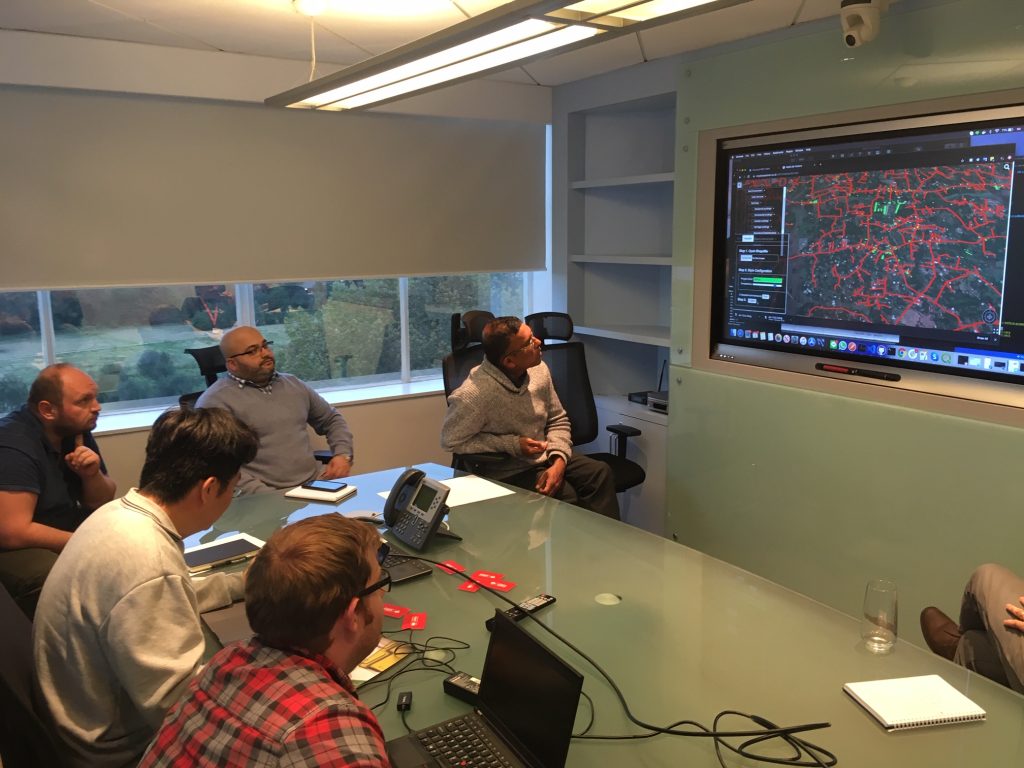
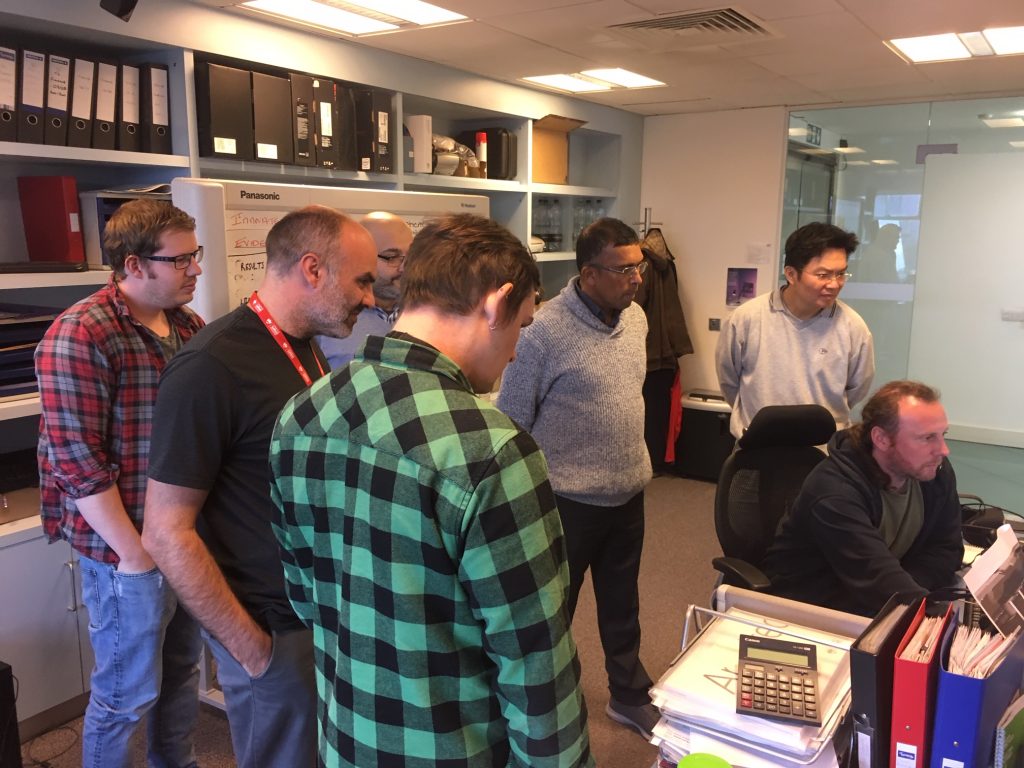
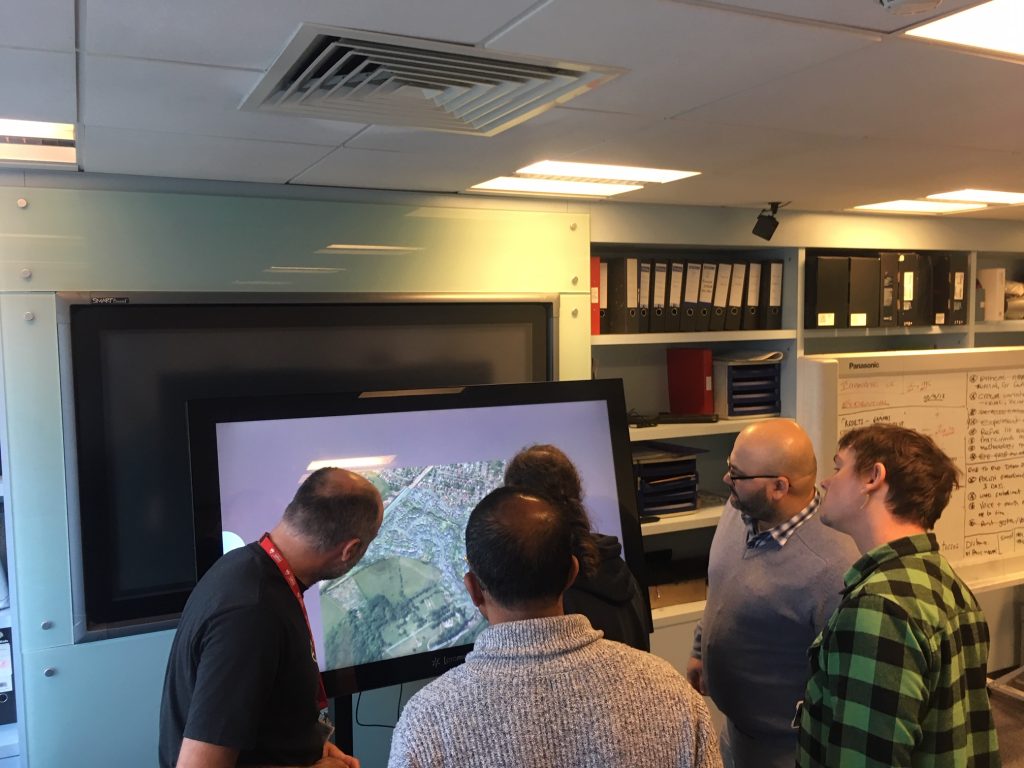
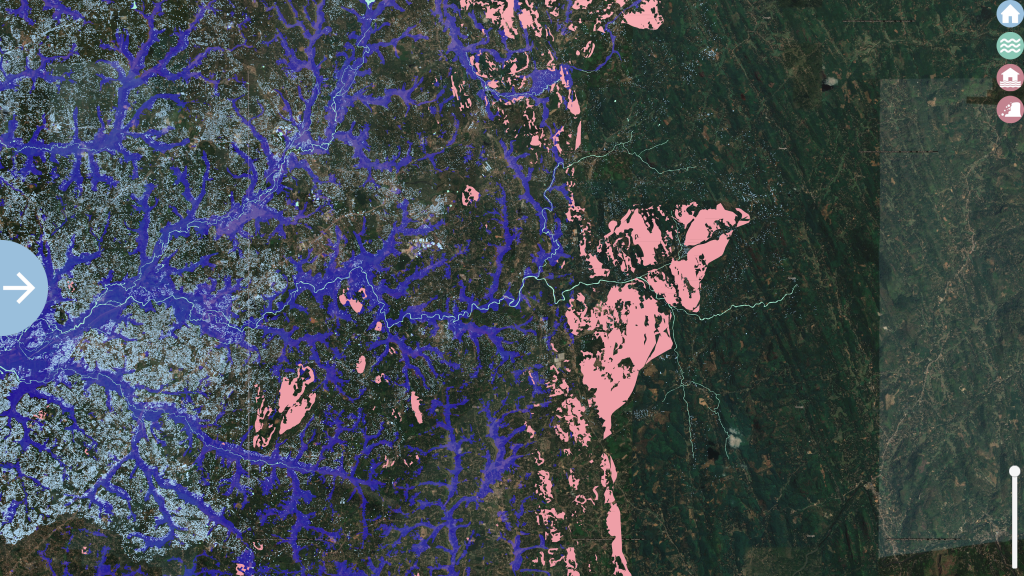
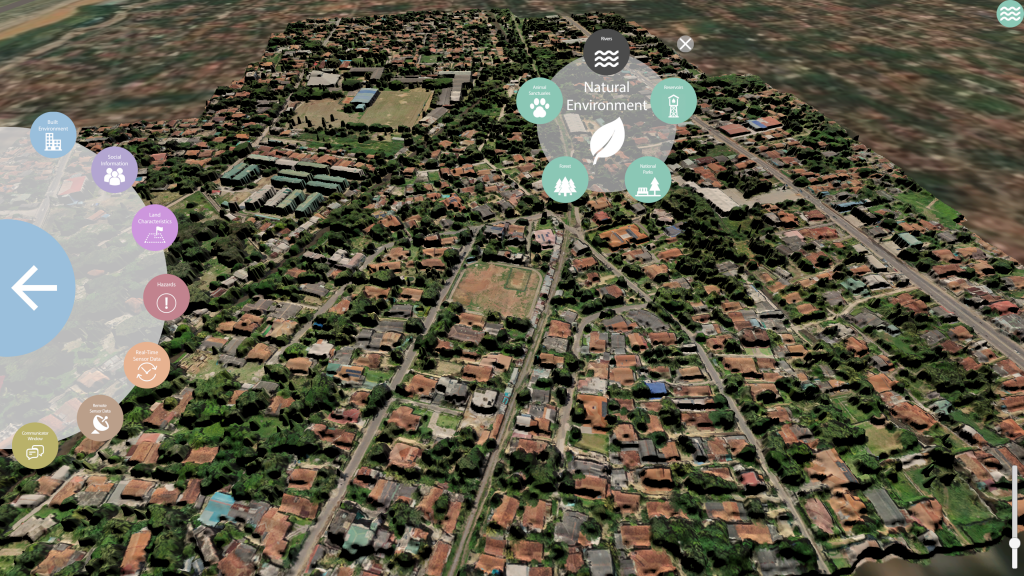
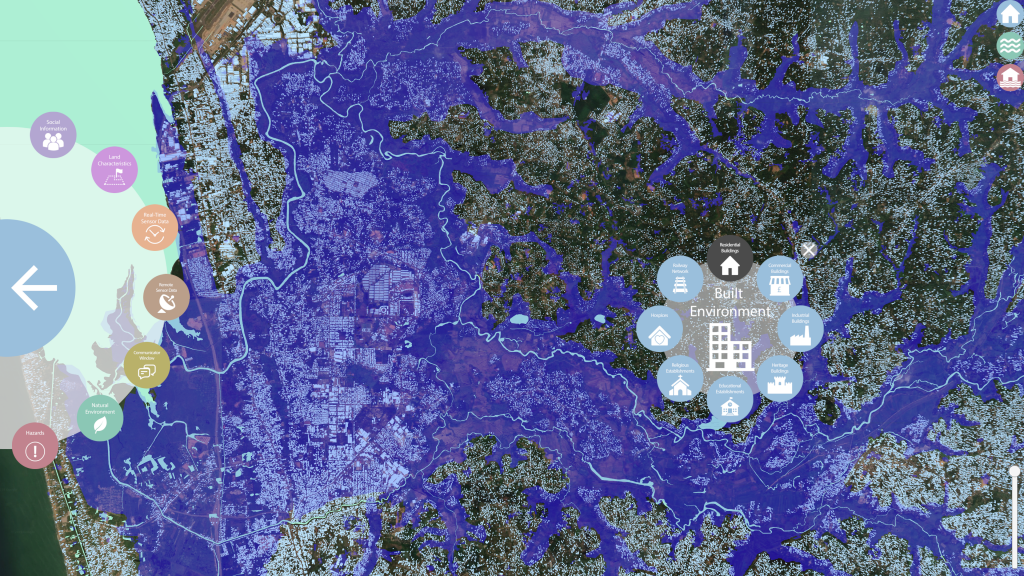
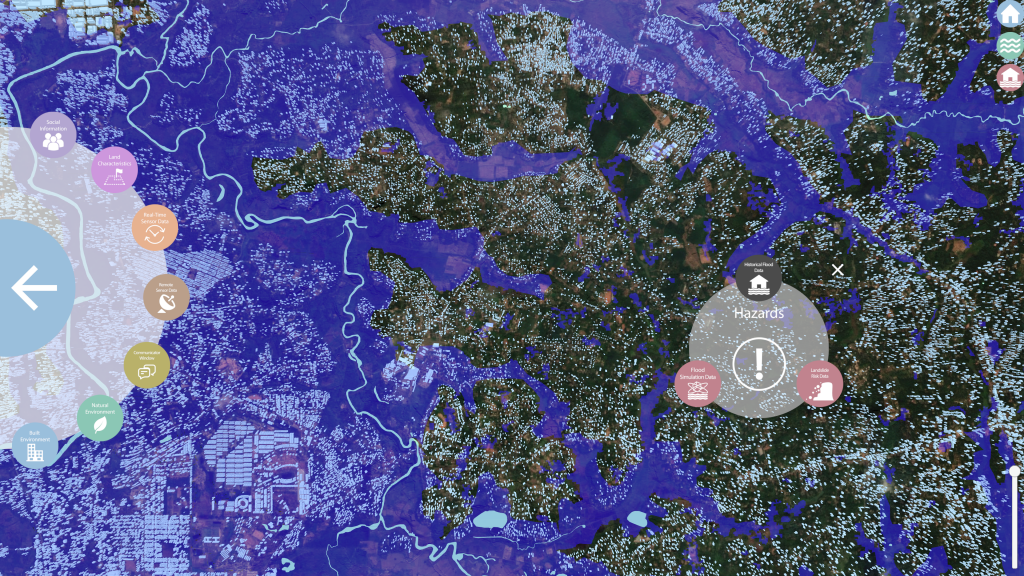






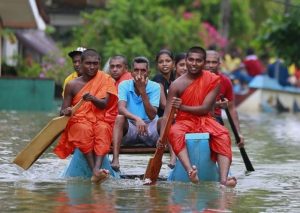

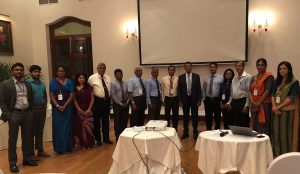
Recent Comments